
CRISalid Consortium: towards an innovative information system for scientific research
Published on: January 30 , 2025
Initiated by Paris 1 Panthéon-Sorbonne University and the University of Toulon in July...
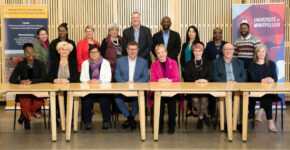
Call for applications | Collaborative Doctoral Platform Nutrition – Food Systems (FOODS)
Published on: January 21 , 2025
The Collaborative Doctoral Platform on Nutrition and Food Systems (FOODS) developed...

Key Collaborative Initiative Local research Actions on Plant health and AgroSystems: CLAPAS
Published on: December 6 , 2024
Incentive for exploratory research AI-3 2024 Key Initiatives of the program...

Key Initiative CLAPAS
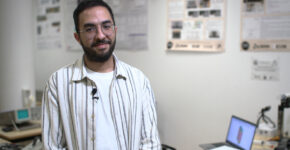
[Takeoff#9] Winning the Montpellier Innovation Booster (BIM) award
Published on: November 18 , 2024
Hamza El Jjouaoui is a research engineer at the Computer Science, Robotics, and... Laboratory.
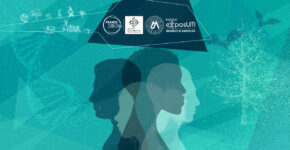
Calls for research projects ExposUM 2025: Anticipating exposomic health risks
Published on: October 16 , 2024
ExposUM is an initiative of the University of Montpellier and its partners aimed at...
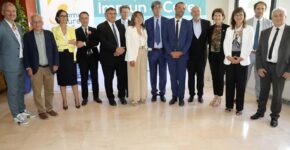
Immune4cure: a new benchmark for treating autoimmune diseases
Published on: October 2 , 2024
Launched on September 17 by Inserm, the University Hospital, and the University of Montpellier, the Institute...

Major programs

Key Public Transition Initiatives (KIPT) 2024-2026

[Takeoff #8] Towards Marie Sklodowska-Curie postdoctoral fellowship funding
Published on: May 14 , 2024
Katalin Gosztonyi is a lecturer at Eötvös Lorànd University in Budapest.…
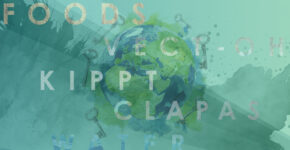
Unite · Innovate · Excel: UM launches new key initiatives as part of the I-SITE program of excellence
Published on: April 29 , 2024
The I-SITE excellence program continues its strategy of supporting communities...

Calls for research projects ExposUM 2024: Exposome & major societal challenges
Published on: November 9 , 2023
ExposUM is an initiative of the University of Montpellier and its partners aimed at...
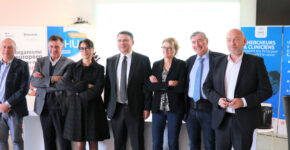
SIRIC: Montpellier's influence in cancer research
Published on: April 17 , 2023
With the renewal of the SIRIC label – " Research Cancer Research Site"...
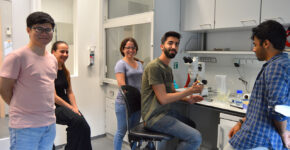
Inflanet: training future experts in inflammation
Published on: March 28 , 2023
Since early 2021, the LPHI laboratory has been coordinating an international project dedicated to the study of...

ExposUM Institute: “Creating a strong sense of community”
Published on: March 16 , 2023
Better identify and analyze external environmental factors that can affect health...
